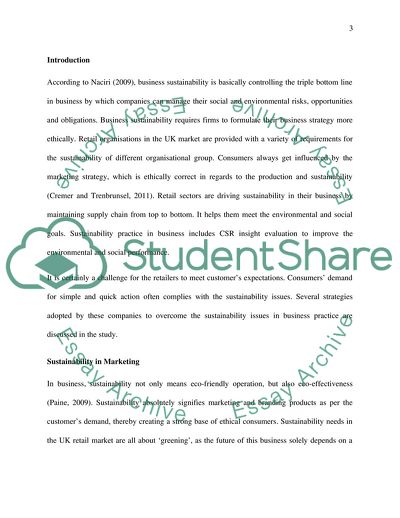Cite this document
(Marketing Sustainability Case Study Example | Topics and Well Written Essays - 1500 words, n.d.)
Marketing Sustainability Case Study Example | Topics and Well Written Essays - 1500 words. https://studentshare.org/marketing/1841636-marketing-sustainability
Marketing Sustainability Case Study Example | Topics and Well Written Essays - 1500 words. https://studentshare.org/marketing/1841636-marketing-sustainability
(Marketing Sustainability Case Study Example | Topics and Well Written Essays - 1500 Words)
Marketing Sustainability Case Study Example | Topics and Well Written Essays - 1500 Words. https://studentshare.org/marketing/1841636-marketing-sustainability.
Marketing Sustainability Case Study Example | Topics and Well Written Essays - 1500 Words. https://studentshare.org/marketing/1841636-marketing-sustainability.
“Marketing Sustainability Case Study Example | Topics and Well Written Essays - 1500 Words”. https://studentshare.org/marketing/1841636-marketing-sustainability.


